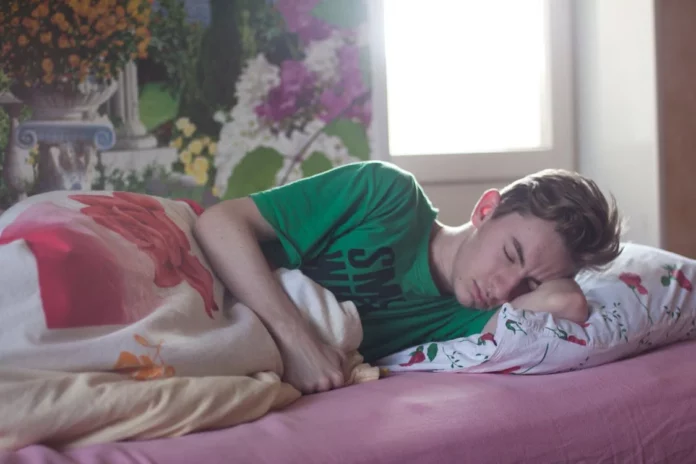Sleep apnea is a condition in which your body just stops breathing when you snooze, but it happens occasionally.
Dr Thomas Altree, a sleep clinician explained,
Obstructive sleep apnea can be a debilitating disease, causing poor quality sleep at night and sleepiness during the day,
It affects millions… and causes major impacts on health and productivity.
The major impacts include mood swings, headaches, increased risk of heart attacks, and strokes. Hence treating this condition is the utmost priority for most clinicians. However, a new study has been revealed by Altree and his colleagues. It is an avenue of drug therapies, which may open soon.
Altree said,
Recent research found a combination of the medicines reboxetine and oxybutynin, which were both previously used for unrelated conditions, could be an effective treatment for obstructive sleep apnea,
However, the combination of these drugs had side effects. The antimuscarinic drug, oxybutynin, which treats overactive bladder cancer, shows a reduction in sleep apnea events. But at the same time, it reduced the sex drive and ability to pee.
So, with their new study, the researchers switched the recipe up a little.
We wanted to see if reboxetine on its own could be effective and assess exactly how it changes breathing during sleep.
Sixteen obstructive sleep apnea patients were recruited to test the drug. The results showed that reboxetine can reduce the severity of sleep apnea on its own.
Altree said,
We found the drug reduced the number of sleep apnea events per hour and also improved oxygen levels, while the addition of oxybutynin didn’t cause additional improvements.
For many, it’s excellent news that an already-existent antidepressant can improve sleep apnea. But since Altree and his team offered a paradigm shift and not just tuning current therapies.
Altree specified,
The current gold-standard treatment of sleep apnea is with a CPAP device during sleep,
But this one-size-fits-all approach doesn’t address the fact that there are different causes for sleep apnea. In addition, many people can’t tolerate CPAP in the long term.
The team delved deeper to see if the therapy was working and how. They used a computing method to see how the drug stabilized breathing during sleep. This enabled them to know which patients would benefit the most from it in future. Moreover, for many sufferers of sleep apnea, this may be game-changing. Since a drug-based treatment eliminates the need to use CPAP machines.
Altree said,
It’s… important we discover other avenues to assist people, and this study provides an important step for future drug development.




